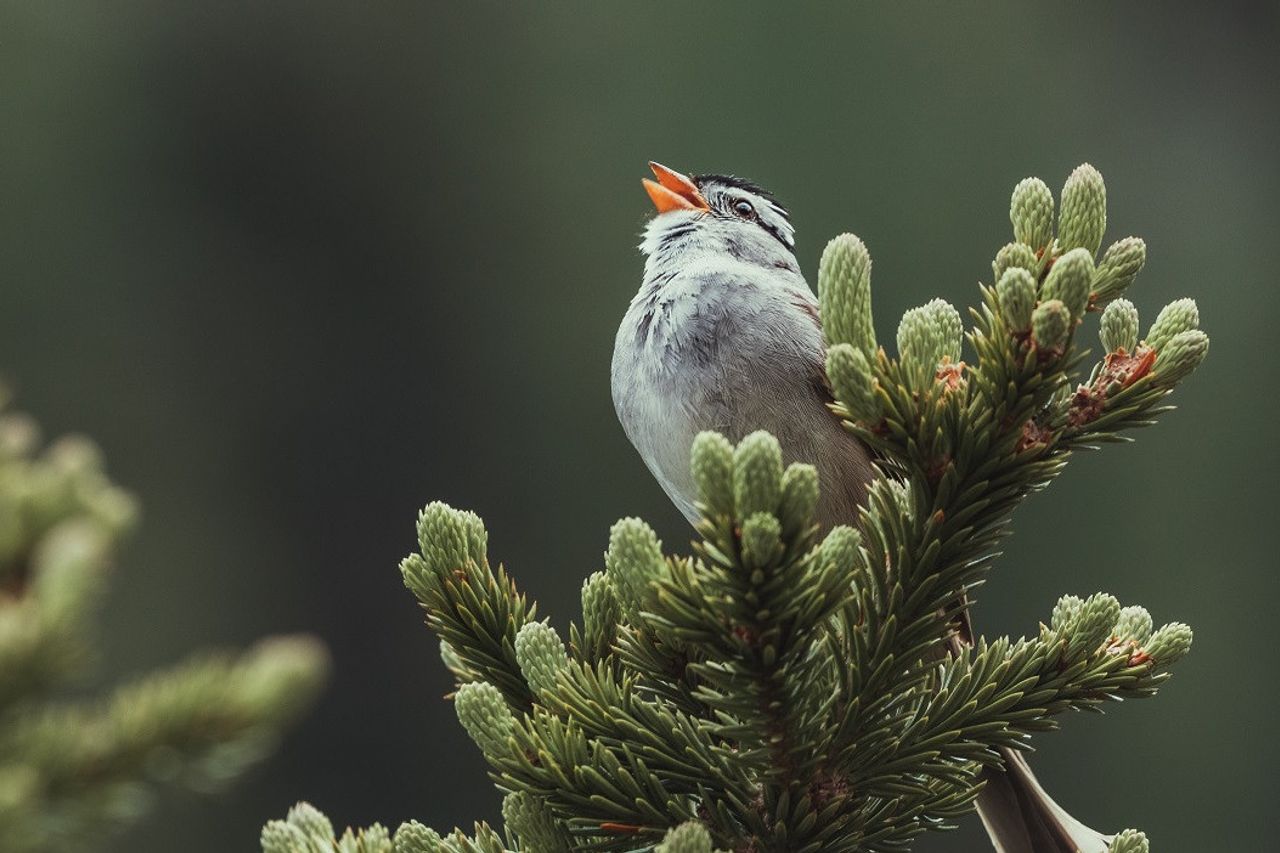The COVID-19 Pandemic Can Replace Noise Pollution With Calming Birds' Chirp

JAKARTA - The COVID-19 pandemic, which caused a long-term lockdown globally over the past year, has reduced noise pollution in cities around the world. The landscape of the environment in urban areas has also changed.
The study conducted by the University of Michigan School of Public Health managed to measure an overall reduction in noise exposure by nearly 3 decibels. It doesn't seem like much, but it's nearly half the amount of sound energy bouncing around our city.
In July last year, seismologists also succeeded in measuring a reduction in the roar of human activity. During the early months of the pandemic, the vibrations of human activity recorded by sensors to detect potential natural disasters fell by 50 percent.
Interestingly, human voices are now replaced by the sounds of nature, the sound of birds singing that has not been heard in urban areas for a long time. At least for a few months, the sounds of nature moved to replace the constant hum of humans. Maybe that's what is needed.

Throughout history, the sounds of nature have triggered symbolic and emotional responses from mankind. Gives its own serenity, combined with the original natural sounds.
In fact, during the COVID-19 pandemic, 63 percent of people in the UK said watching and listening to birdsong added to the enjoyment of their daily lives.
According to a survey by the Royal Society for the Protections of Birds (RSPB), more than half of respondents said the lockdowns had made them more aware of the nature around them.

"The lockdown has brought few benefits, but the past year has initiated or revived the love of nature for many people", said RSPB Chief Executive Beccy Speight, cited from Euronews.
"Nature is soul food for us, humans. The results of this survey show that we may emerge from this pandemic as a new generation of nature lovers", he continued.
A study released late last year found that the natural sounds we hear when we are outdoors can have a marked effect on our feelings of well-being.
Researchers at the University of California Polytechnic hid speakers along the hiking trail, playing birdsong to the people walking there. Pedestrians who hear birds chirping report greater feelings of well-being than those who do not.
"I'm still somewhat surprised that just 7-10 minutes of exposure to these sounds can improve people's well-being", said Professor Clinton Francis, who oversaw the study.
"This really underlines how important hearing is to us and maybe to other animals," he continued.
SEE ALSO:
And, perceptions of biodiversity, have an impact on how good the sounds of nature make hikers feel the more species that are heard, the better they will feel.
Researchers believe it is important to prevent noise pollution from drowning out the sounds of nature, which are needed for humans and nature to thrive together. And, reflecting on the past year, reducing the amount of noise in our environment could result in a happier and healthier planet.
